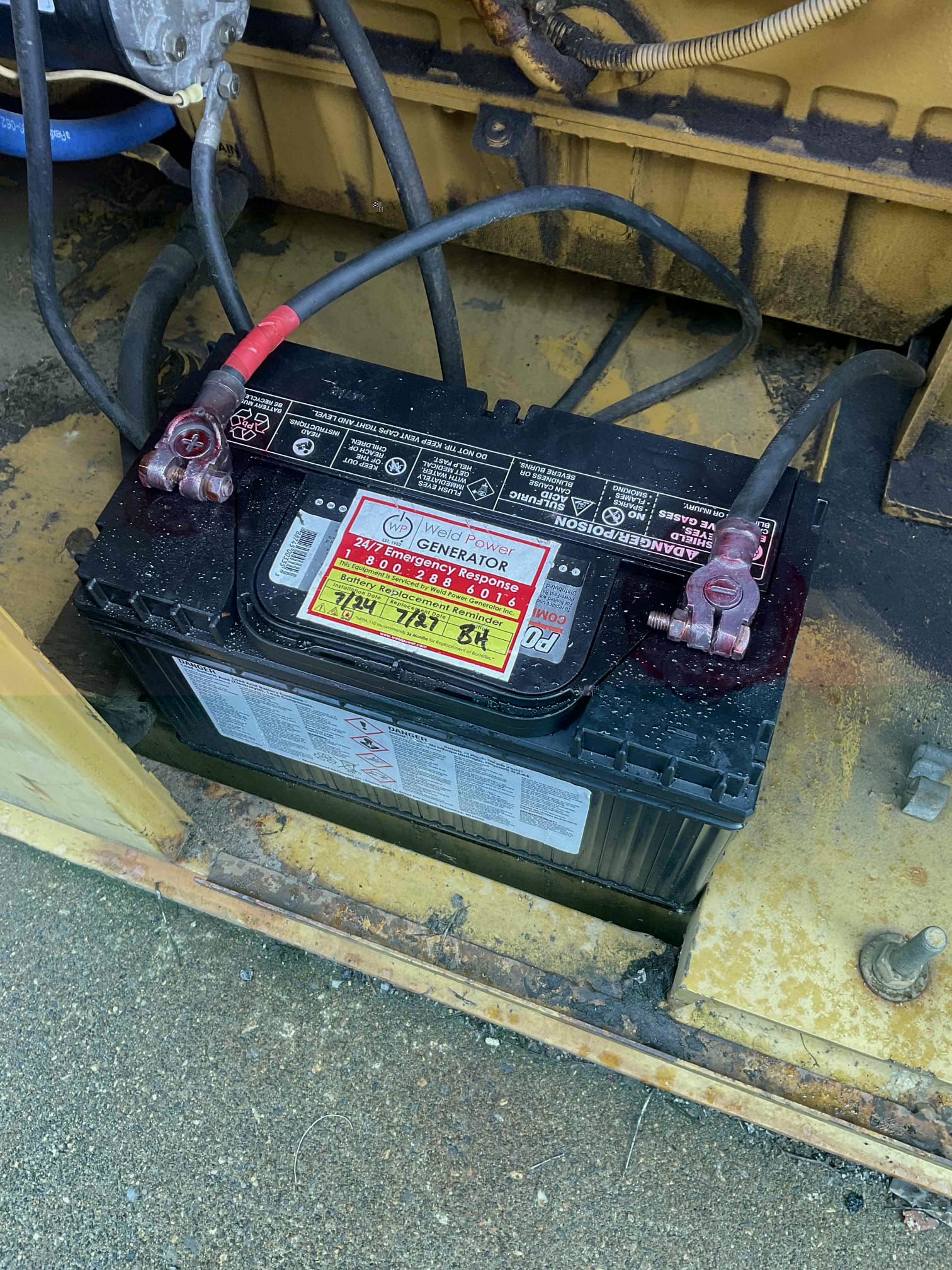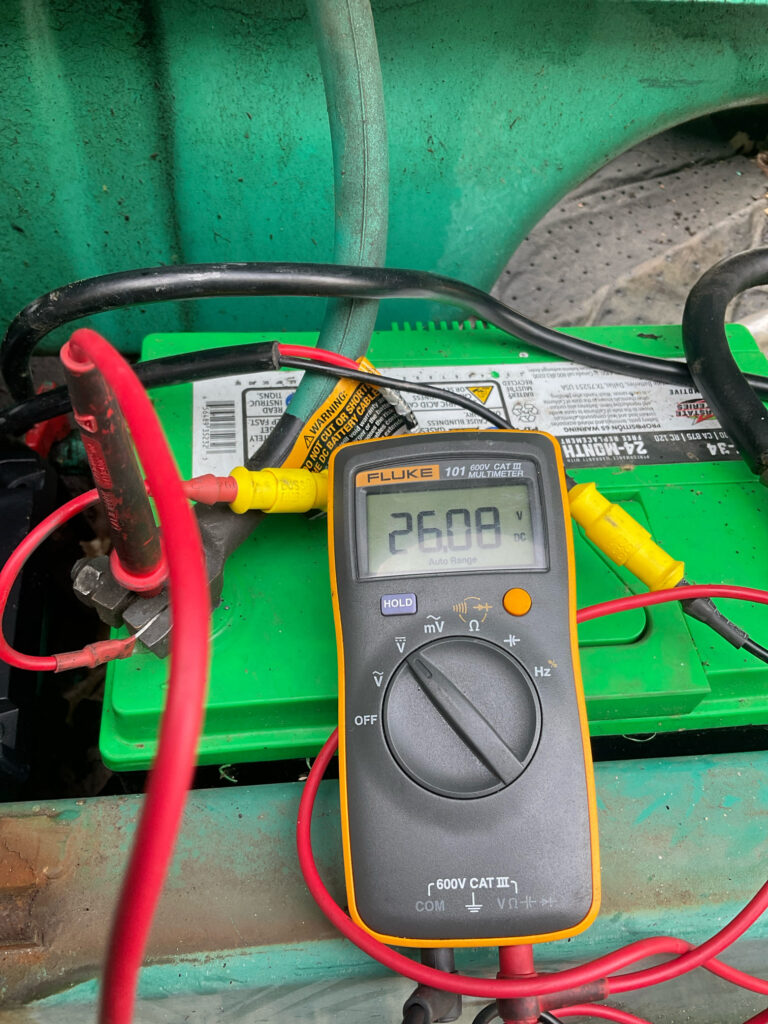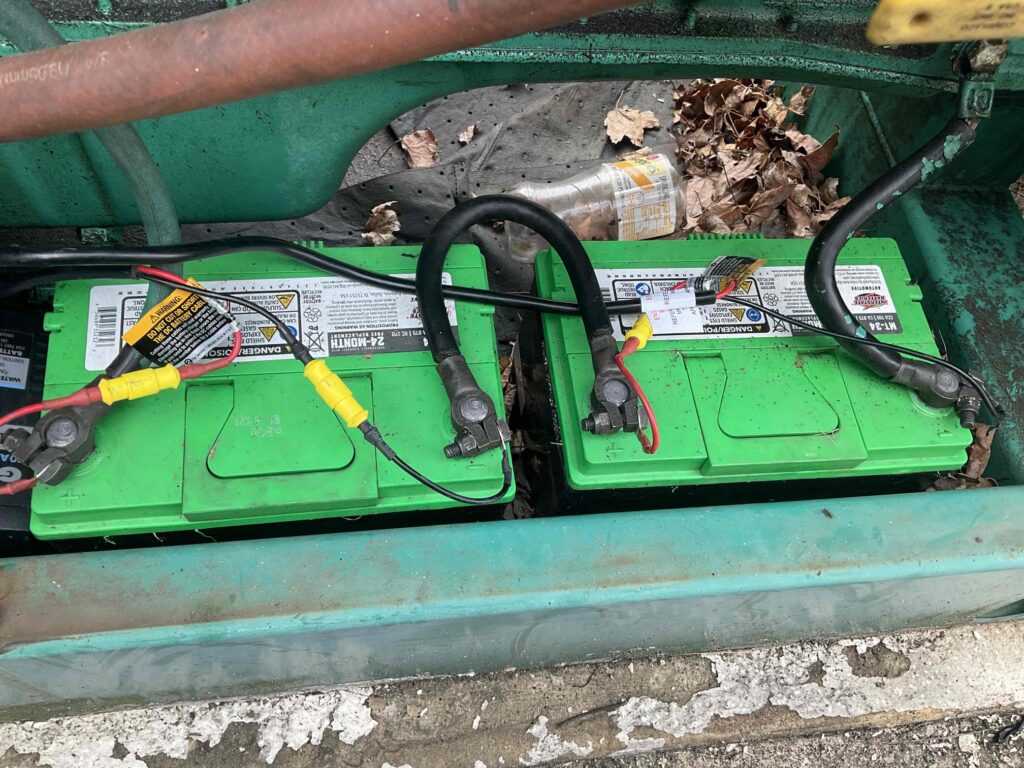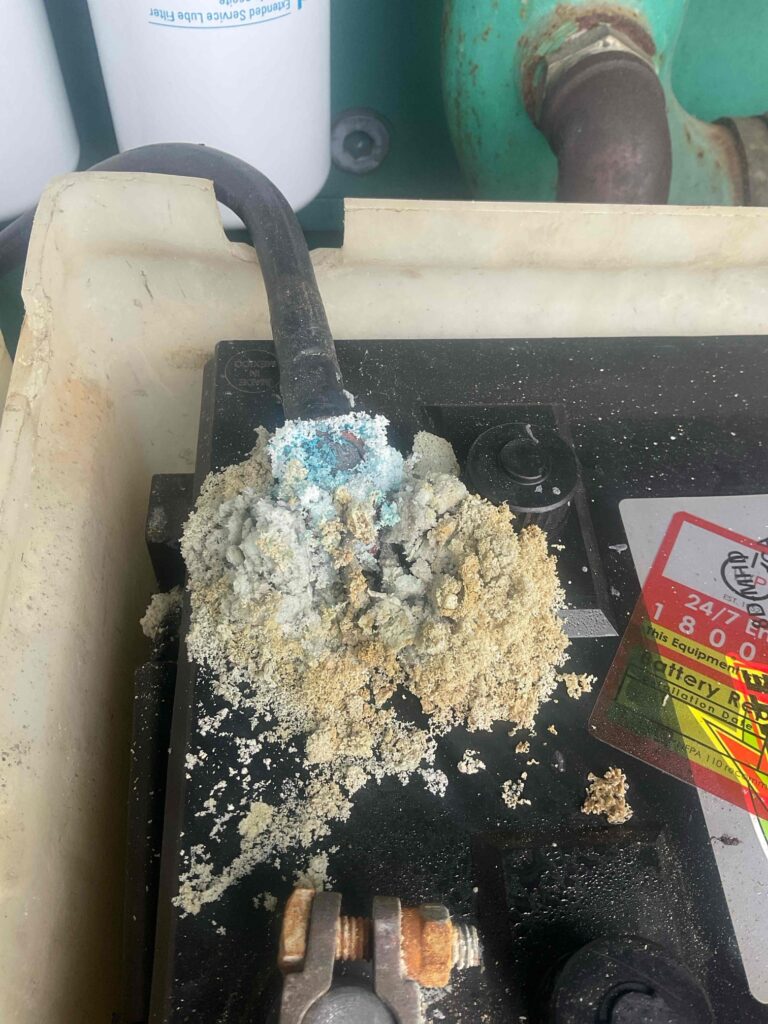Maximize Reliability: How Often Should You Replace Your Generator Battery?

Generators are essential tools for ensuring power reliability during outages, especially in areas prone to frequent power outages or where uninterrupted power is critical. However, like all components of a generator system, the battery needs attention to keep your generator functioning properly. Understanding how often you should replace your generator battery and the reasons behind it can help you maintain a reliable power supply when you need it most.
Table of Contents
How Often Should You Replace Your Generator Battery?
Typically, generator batteries should be replaced every 2 to 3 years. This timeframe can vary depending on several factors, including:
- Type of Battery: Lead-acid batteries, which are common in many generators, have a lifespan of about 2 to 3 years. AGM (Absorbent Glass Mat) batteries, a type of lead-acid battery, might last slightly longer, sometimes up to 4 years. Lithium-ion batteries, though less common in generators, can last 5 to 7 years.
- Usage Frequency: The more frequently you use your generator, the more strain it places on the battery. Regular usage ensures the battery is charged and operational, but excessive use can shorten its lifespan.
- Maintenance Practices: Proper maintenance, such as regular charging and keeping the battery clean and dry, can extend its life. Conversely, neglecting maintenance can lead to premature battery failure.
- Environmental Factors: Extreme temperatures, whether hot or cold, can significantly affect battery life. Batteries in hot climates may degrade faster, while those in colder climates might struggle to maintain a charge.

Why Regular Replacement is Necessary
- Preventing Unexpected Failures: The most crucial reason to replace your generator battery regularly is to avoid unexpected failures. A generator that fails to start during a power outage can be more than just inconvenient; it can be critical, especially in situations where continuous power is necessary for health, safety, or business operations.
- Maintaining Generator Efficiency: A weak or dying battery can reduce the overall efficiency of your generator. This might lead to longer start times or even failure to start, which can put additional strain on the generator’s other components.
- Cost-Effectiveness: While replacing a battery every few years may seem like an additional expense, it’s much cheaper than dealing with the costs associated with a generator failure, such as emergency service calls or potential damage to connected devices.
- Ensuring Safety: Batteries that are old and poorly maintained can pose safety risks, such as leaks or even explosions in extreme cases. Regular replacement ensures you mitigate these risks and keep your generator safe to use.

Signs Your Generator Battery Needs Replacement
While adhering to the recommended replacement schedule is crucial, you should also be aware of the signs indicating your generator battery might need to be replaced sooner:
- Slow Crank or No Start: If your generator struggles to start or doesn’t start at all, the battery might be too weak to provide the necessary power.
- Corrosion on Battery Terminals: Corrosion can indicate that the battery is leaking or nearing the end of its life.
- Swelling or Bloating: Physical changes in the battery’s appearance, such as swelling, can indicate internal issues and signal the need for replacement.
- Frequent Low Battery Alerts: If your generator system has an alert for low battery, frequent notifications could mean the battery is no longer holding a charge properly.

Conclusion
Replacing your generator battery every 2 to 3 years is a good rule of thumb to ensure reliable operation. However, the specific timeline can vary based on factors such as the type of battery, usage, maintenance, and environmental conditions. Regularly checking your battery’s condition and being aware of the signs of wear can prevent unexpected failures, ensuring your generator is always ready to provide power when you need it most. Investing in timely battery replacement is a small cost for the peace of mind that comes with knowing your generator will start without fail during critical times.
